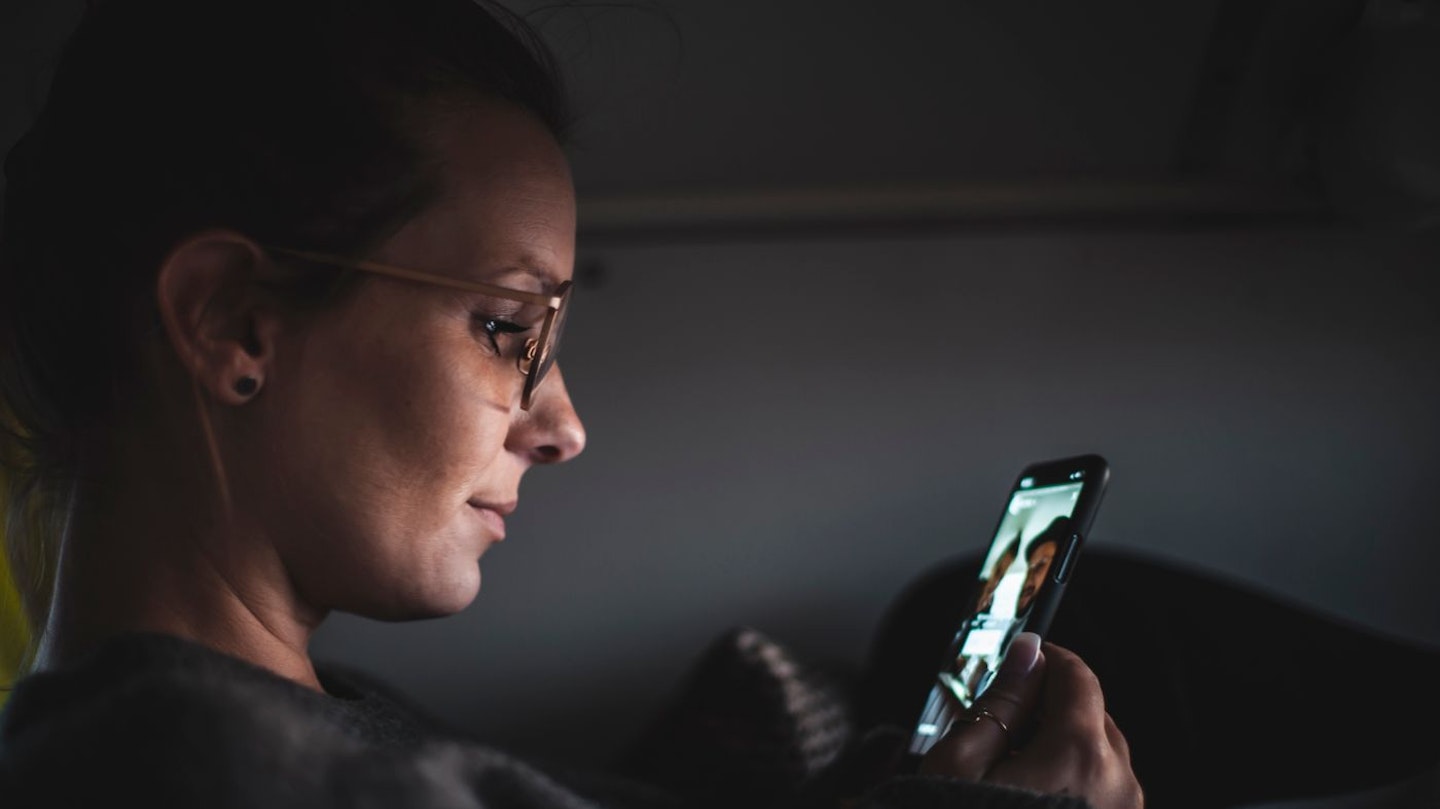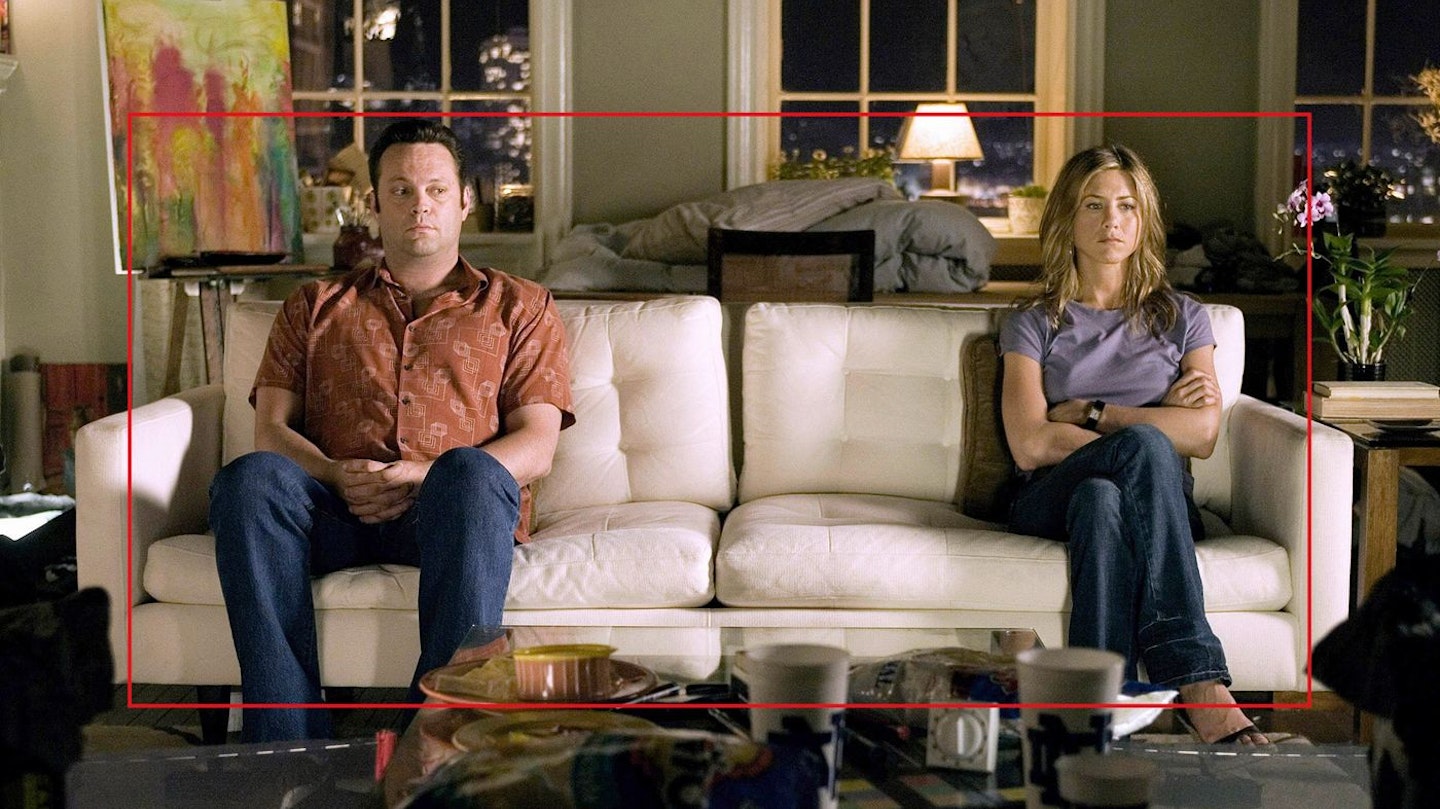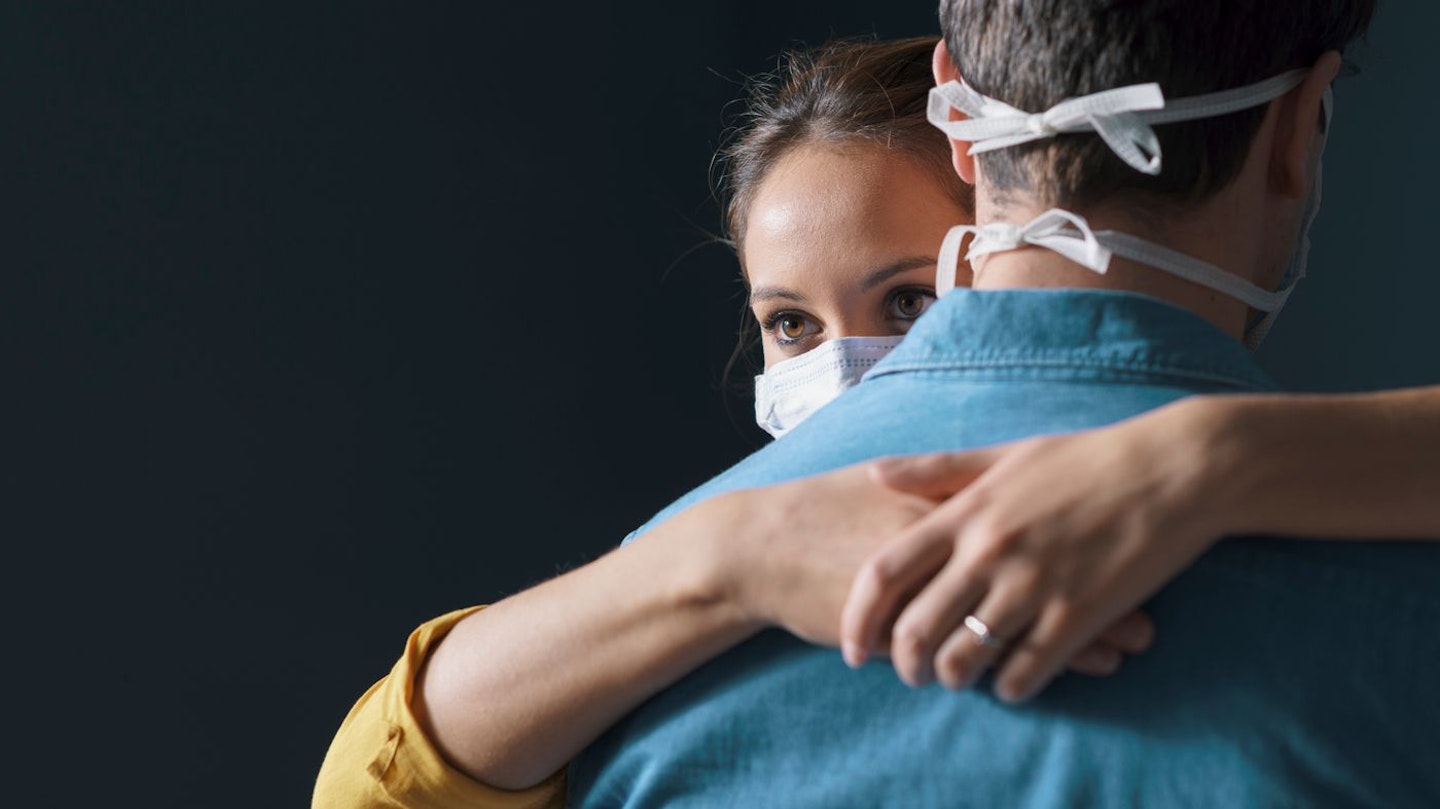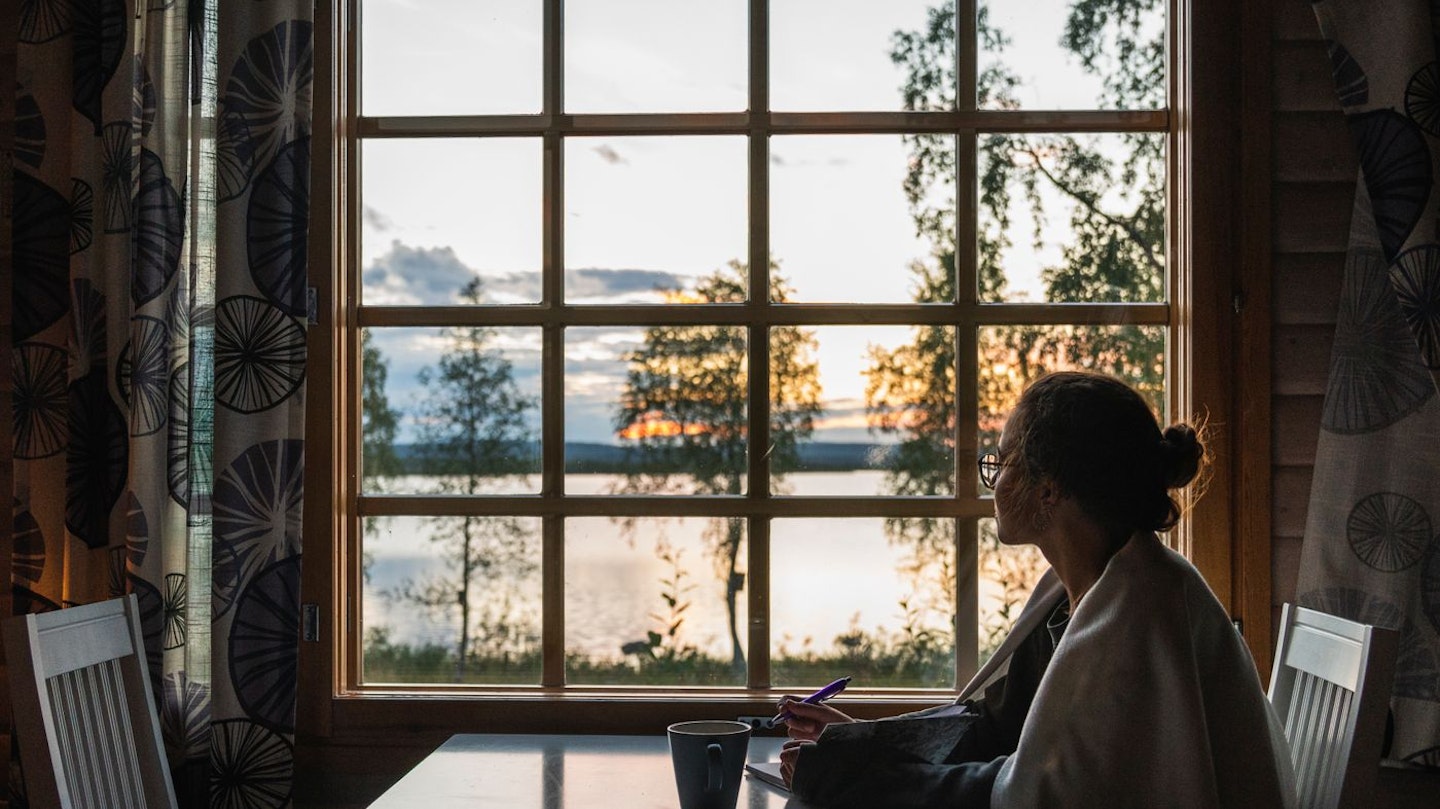In less than two weeks, some children in England could be packing a rucksack and heading back to school after spending more than two months at home with their families. Nursery, reception, year one and year six are due back in smaller class sizes on 1 June, while secondary pupils taking exams next year may also get some time with their teachers before the summer holidays.
But, as with anything around the easing of lockdown, no part of this discussion has been straightforward. A divide has emerged between the government and teaching unions. Gavin Williamson, the Education Secretary, has acknowledged that closures will have a damaging impact on pupils’ progress, but unions, backed by the British Medical Association, fear the phased reopening doesn’t account for staff safety. All the while, teachers and parents have been caught in the middle.
Prime Minister Boris Johnson has said it’s a ‘conditional’ plan and will only take place if the science supports it. If it does go ahead, they will need to convince teachers and unions it's safe.
Gemma, 30, who works in a nursery in Stoke-on-Trent, says she and many others want to get back to work but feel a lot of questions around safety are still unanswered.
‘It’s daunting and a lot of teachers I know feel the same,’ she says.
‘I work with three- and four-year-olds so you can’t expect them to social distance. I’m not worried about my own safety, I’m worried about how to look after these tiny children who I can’t be near. On our first day back, these children will have been off for two months and they’ll cry but we won’t be able to comfort them. A lot of media coverage around this is making out like teachers are being selfish in not wanting to go back, but it’s because we care so much about the children.’
Smaller class sizes have been suggested, which Gemma thinks means spreading teachers more thinly. She’s also concerned it will open up safeguarding issues. She has to change nappies as part of her job, but adults aren’t supposed to be alone with a child while changing them. ‘I don’t see how I’ll be able to do it,’ she says.
She’s spoken to a number of parents about how they feel and says the response has been varied. Children appear to be less vulnerable to serious complications from the virus – with only two children aged under 15 having died after testing positive for coronavirus in England and Wales - but Gemma says some parents are worried about children being carriers and bringing the disease home.
She also thinks the area a school is in needs to be taken into consideration.
‘Stoke-on-Trent’s coronavirus cases seem to be taking off later than in London, so it makes me wonder whether we’ve reached our peak. Because of this, I feel like we shouldn’t all be going back on the same day across the country,’ she adds.
Schools have not been closed during lockdown and some teachers have been going in and looking after children of key workers and vulnerable students. Helena, 29, works in a secondary school in the Midlands and has been in over the past couple of months.
She says pupils don’t adhere to social distancing measures, despite being reminded constantly, and feels apprehensive about more students returning to school.
‘I’ve no idea how they’ll orchestrate break time. There’s no way it will be a normal day,’ she says.
We need to start thinking about the safety of staff – there’s already been some teacher deaths.
Unions have said they are willing to work with the government as long as the re-openings can be done safely and don’t risk another outbreak. Helena is planning to do as she’s told but is unclear about what is happening at the moment.
‘I’m a mum and I don’t want to put myself at any more risk than I need to be. I’m hoping not to send my three-year-old daughter back until September,’ she adds.
‘Ultimately, I want the best for the children. I’m a very committed teacher and I want my children to do well, but no one is going to be any good to them if, say, I or another teacher ended up with coronavirus. We have vulnerable staff. I think they will stay off, but that will put pressure on everybody else. We need to start thinking about the safety of staff – there’s already been some teacher deaths.’
Arguments between the government and the teachers’ unions grew increasingly acrimonious after the unions accused the government of trying to move too quickly. A spokesperson from the Department of Education said: 'Plans for a cautious, phased return of some year groups from 1 June, at the earliest, are based on the best scientific and medical advice. The welfare of children and staff has been at the heart of all decision making.'
Samira, 37, teaches children with special needs in Manchester and says her school is considering a delayed return which will be staggered for each year group, with the first few aiming to come back around the middle of June. She doesn’t think many schools will be opening on 1 June.
‘There are too many elements to sort out before then and the timelines couldn’t possibly allow us to do it,’ she says. But, she’s hopeful it can be done soon.
‘There will be massive alternations made to how classes operate and if the government say it’s safe then who am I to say it’s not?,’ she adds. ‘There should be more emphasis on the fact that by putting children into small bubbles of 15 [something that has been proposed by the government], then we’re focusing on limiting their contact with anyone other than a small group, rather than expecting them to social distance in a school setting. Once you see it like that it seems far more manageable.’
An important point being raised by some is whether more harm is being done to children’s mental health and safety by keeping them in lockdown. Samira thinks the cost of not going back is greater for older children.
‘For year six pupils, not having the opportunity to have closure from their primary school experience could be pretty bad for their mental health as they move into the next phase of their life. I feel quite strongly that they should come back,’ she says.
While vulnerable children have mostly remained in school throughout lockdown, Samira believes, in some households, parents and children being at home for extended periods of time without anyone supporting them could be detrimental to their mental health.
‘With the summer holidays coming up it compounds that,’ she adds. ‘There is already a period over the summer between primary and secondary school where the kids don’t really belong to anyone. We get alerts when the police are called to a child’s house because of domestic violence, but they drop off our register in-between. If they didn’t go back now, it’s a long period where they don’t have the necessary support.’
READ MORE: Life in lockdown
Coronavirus: Relationships
 1 of 9
1 of 9How To Maintain Your Dating Life In A Lockdown If You're Single
 2 of 9
2 of 9The Six Best Ways To Overcome Your Fear Of Video Dating
 3 of 9
3 of 9Love Lockdown? Not According To Tinder
 4 of 9
4 of 9What It’s Like To Break Up With Someone Over Zoom?
 5 of 9
5 of 9‘I Didn’t Think I Could Actually Feel Happy In This Shit Show Of A Year...’ How It Feels To Get Engaged In Lockdown
 6 of 9
6 of 9Emily Atack: Isolating When You're Single
 7 of 9
7 of 9The Real Reason Your Ex Is Back In Touch
 8 of 9
8 of 9Are People Really Having So Much More Sex There'll Be A Lockdown Baby Boom?
 9 of 9
9 of 9